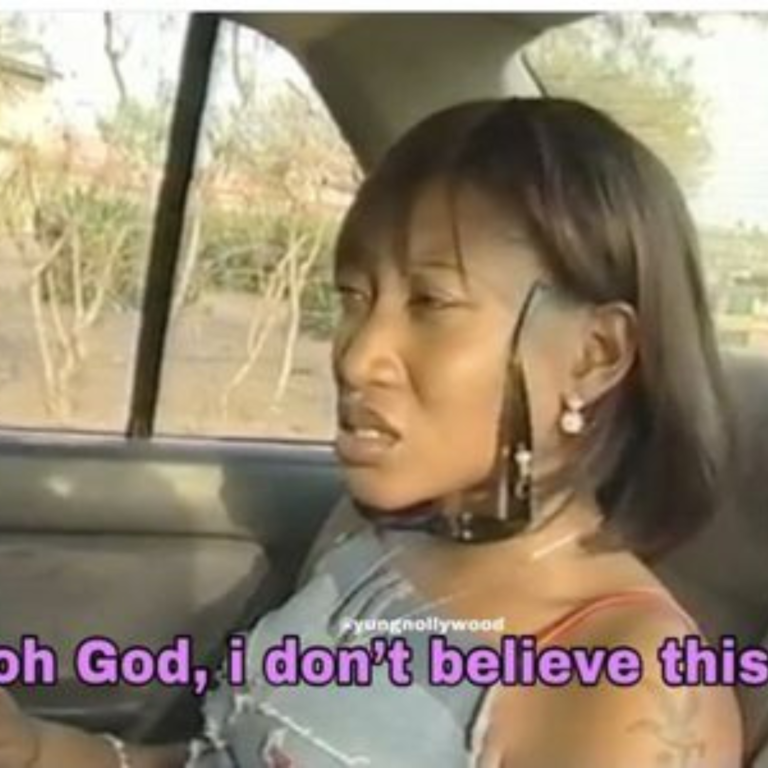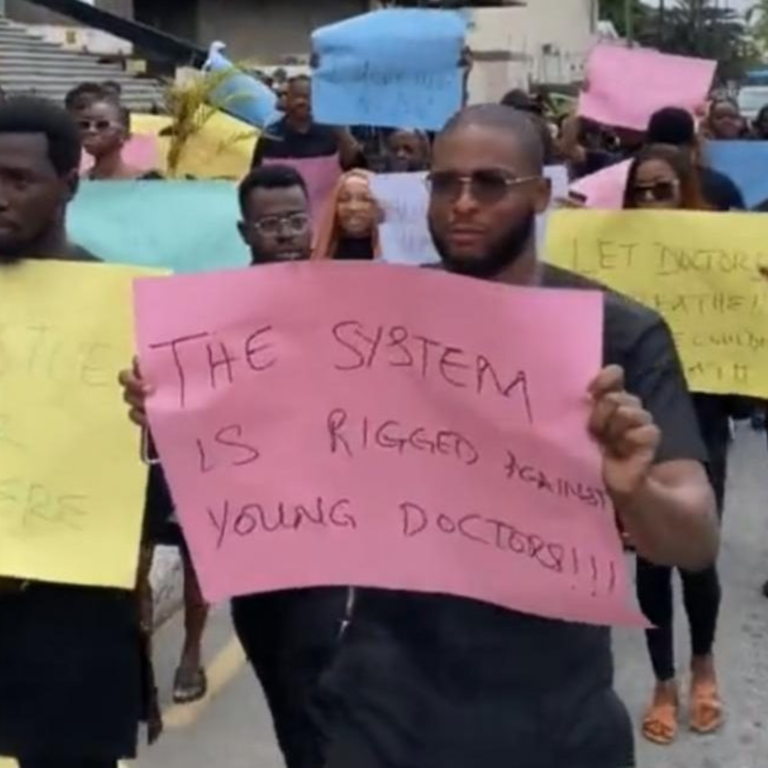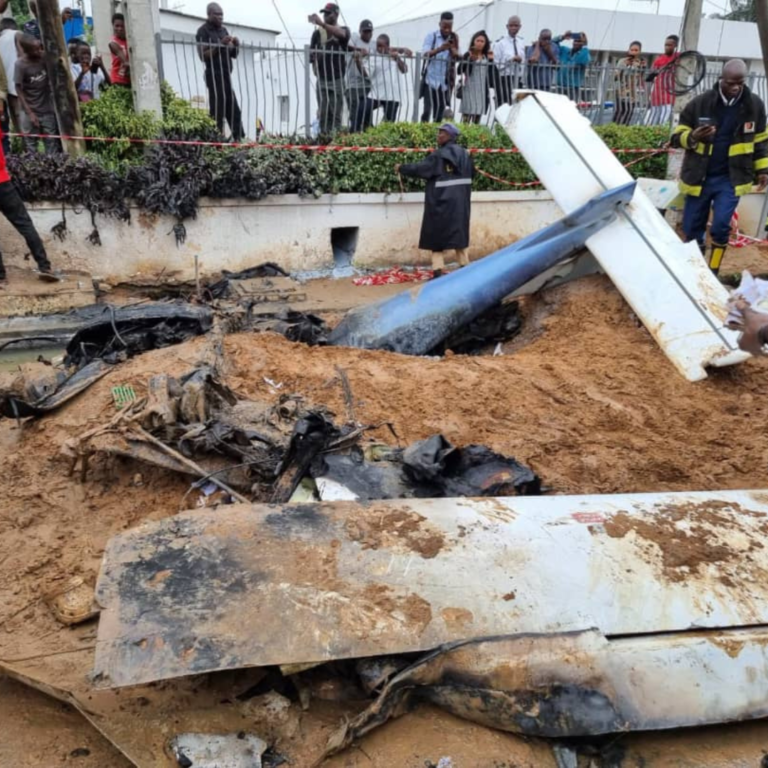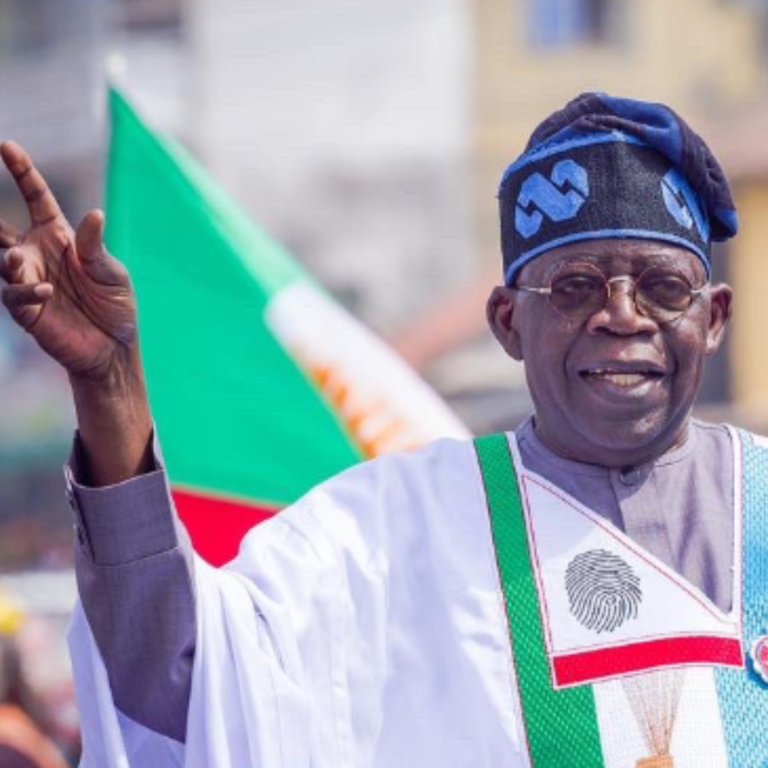We’re weeks away from the 2023 general elections, and the country is buzzing with anticipation. Politicians are running helter-skelter trying to convince voters they are the best thing since sliced bread, and people are burning bridges with friends who aren’t supporting their choice of candidates.
Given the importance of the upcoming elections, the electorate, like never before, is keeping an eye out for anything that smells or looks like electoral fraud, also known as rigging.
Unfortunately, rigging has always been an ugly characteristic of our elections. Some of the ways politicians rigged elections in the past are:
Threaten electoral officials
One of the easiest ways elections were rigged in the past was by threatening the Independent National Electoral Commission (INEC) officials. This would mainly happen if the candidate is a strong political figure or belongs to a prominent party.
Presence of the military
Elections shouldn’t be a do-or-die affair, and very rarely, if not never, would the help of the military be needed during the voting process. So, once a polling unit is militarised, it makes voters afraid and discourages them from voting.
Vote buying
This is the most common method of election rigging. Many people need money, and unfortunately, politicians take advantage of this. People in need of food or money happily sell their votes in favour of these politicians.
Thuggery
This is another popular method of rigging elections. Thugs are recruited to disrupt the voting process or steal and destroy electoral materials.
This, consequently, leads to a low turnout of voters or the polling unit is altogether cancelled.
Bribery
In 2017, an INEC official, Christian Nwosu,
Electoral officials are often promised appointments, money and properties if they agree to compromise the election’s integrity.
Fortunately, these things may soon become a thing of the past as the government has recently taken steps to clamp down on electoral fraud.
Introduction of BVAS
For the 2023 general elections, INEC will use the Bimodal Voter Accreditation System (BVAS) for voters’ authentication. Unlike the smart card reader, BVAS authenticates not only a voter’s fingerprints but also has a facial recognition sensor.
It would also help INEC officials electronically upload results from the polling units. This has automatically created a problem for politicians who clone or buy Permanent Voter Cards (PVCs). No wonder some have opposed INEC’s plan to use it in the elections.
The new electoral act
On February 25, 2022, President Buhari signed a new electoral act which might make electoral fraud even more difficult. Some key points of the act are:
- Political parties cannot receive anonymous donations.
- Political parties cannot create, recruit or train an “army” to carry out their objectives.
- Ballot papers with any marks or stains will be rejected.
Hopefully, this election will go as seamlessly as possible, and people will be able to vote for the candidate of their choice without having to face intimidation or be victims of electoral violence.
You can read more about the regulations in the electoral act guiding the upcoming regulations here.
Are you signed up to our Game of Votes newsletter yet? We help you make sense of news jargon and keep you up-to-date especially with election news. Make the subscription of a lifetime here




